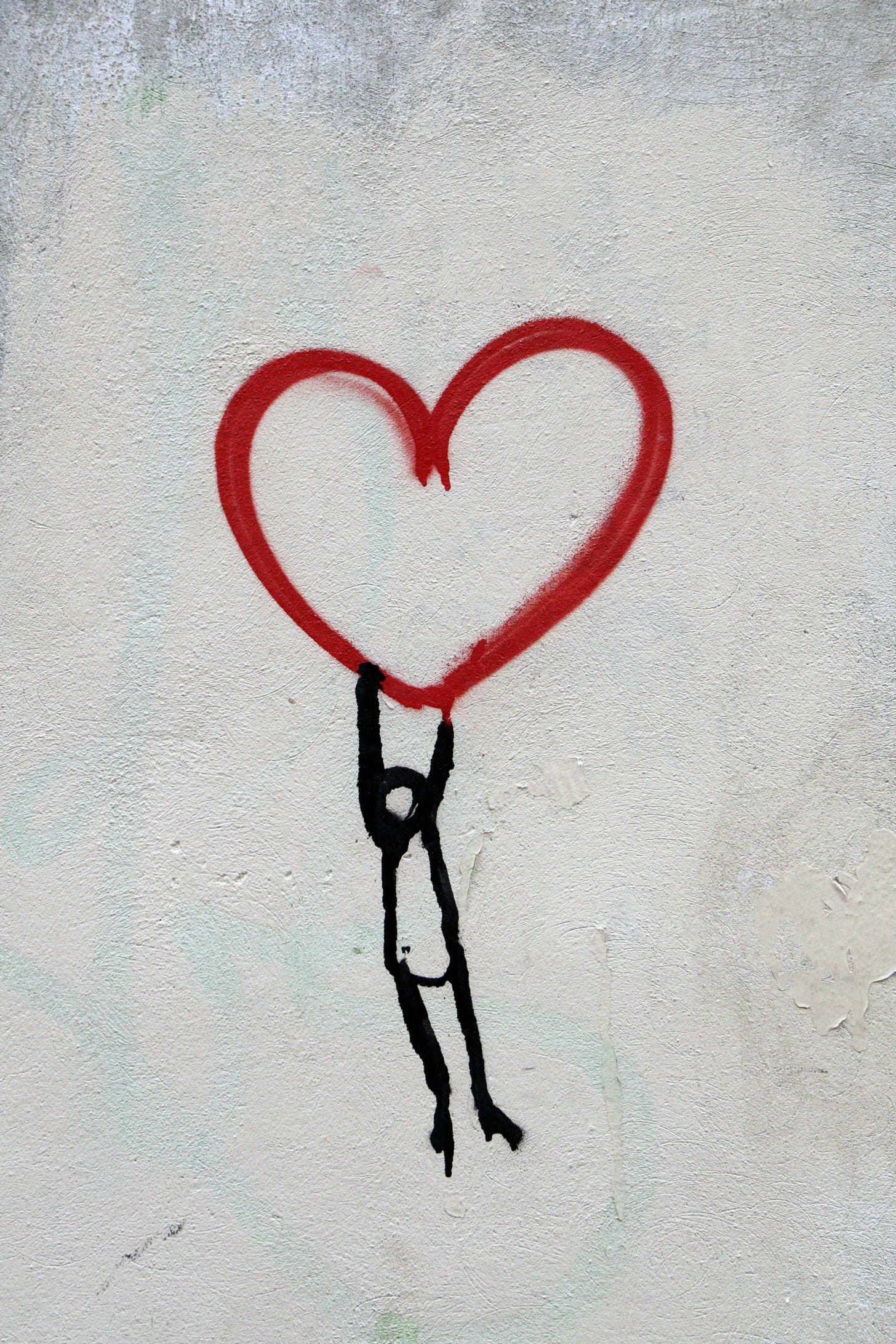
Everything that irritates us about others can lead us to an understanding of ourselves.
Carl Gustav Jung
Think of two couples. One is Dike and Clara. Dike and Clara are an attractive couple in their late 20s - Bright, fun, educated and ambitious. Dike is starting out at a big fintech company in Lagos. Clara is in her second year as a lawyer in a Big Law firm.
Both are junior members of large firms, committed to their careers and eager to move ahead.
Dike and Clara have envious chemistry. Almost inseparable. You can say they're in love, and they seem to be. They are bullish about this reality and have already considered the possibility of marriage.
Dike would say "We are on the right track romantically”. We love each other so much and I see a favourable future for us in a year or two. Who knows, it can get better from here.
Imagine them spending the whole night after a torrid day in Lagos, caressing each other. Call themselves cute, romantic names and hold hands till they go to bed. Blasting songs of love all through the night.
This couple is experiencing a young love so rational, pragmatic and yet unpredictable.
Now, there's another young couple, Sam and Tosin. This couple does things differently. They are ambitious, but not openly fun. They barely call each other cute names and their chemistry looks stale.
After a busy day, they eat on separate plates. Sam eats while watching a movie, while Tosin eats and scrolls through social media. The song of love doesn't seem to play here, it sounds barely existent.
After dinner, both talk quietly and retire to sleep.
You look at Sam and Tosin, when compared to Dike and Clara, you think they're not in love. However, both couples are in love but express it differently.
If I went further with Sam and Tosin. I would tell you that both listen to each other, create memories together, give each other positive affirmations, but didn't do that in the exact moment of description.
I mean, It was a busy day. Anything could have gone wrong. They likely spoke about it before they retired to sleep.
As an outsider, you probably think they hate each other, but Dike and Clara adore each other.
This is where we get it all wrong.
We need to understand and interpret love better. It's a chain of events. Not a one-moment thing. It's a process that, if properly understood, occurs independently of each other.
Let's say you love a film series and you rate it a perfect 10. If you go back, from the first episode, you notice some episodes don't cut it individually. However, this misnomer didn't change your opinion. It's still perfect for you, despite obvious loopholes.
Love looks like that sometimes. It's not just an episode. It's a chain of events that connects. Those little lows are part of the narrative that shapes the process.
These lows, we tolerate them, but they give meaning to our actions and expectations of love.
This perception is not limited to romantic relationships. It happens in casual friendships. Friends stay together for years with a culture of calling each other monthly. Others may call daily or weekly and catch fun regularly. Both have equal outcomes for their friendships, being there for each other.
Same outcomes. Different narratives.
Families experience this too. Some parents aren't close to their kids. Maybe as they would like. But they always attend to their problems in other areas of life.
Some are there socially. They see movies and catch fun, but lack in some other areas of parenting.
Both expressions of love above have the same outcome. An outsider that notices a lack might think differently.
This idea seems straightforward. But they it's not. The narratives and their expressions are shaped by external factors; Movies, books, culture and individual experiences.
For example, people that grew up on the public display of affection(PUA) see it as an expression of love in its purest form. I see it as awkward. Although it doesn't mean I won't take a bullet for you, if possible.
Socially, some behaviours can influence how you see love. If a couple shares a picture of themselves in a vacation spot. You are likely to assume they love each other and form a narrative on that. Going further, you might discover that one of them abuses the other.
Your assumptions wasn't wrong, irrespective of the new discovery. You're just a victim of a socially shaped narrative of love.
Another socially shaped narrative is that parents who interfere with their children's activities love them. This may not be so. This narrative is shaped by having cool parents that know every detail in your life. Some find this intrusive and want to be left alone.
Popular culture also influences the love narrative. People consider celebrity relationships as a gold standard. If they view love in a way, people interpret and associate their view as genuine.
Here, popular culture is at play. It shapes the love narrative in its own way.
Movies also influence the narrative massively. In some romantic movies, you see a guy run after a girl he would've made his interest in her known earlier in the movie. He goes to lengths, gets battered, just to stop her from boarding her plane to another city. He gets there eventually and confesses his love.
Here, a comedic but adventurous narrative of love is shaped. People influenced by this expect such adventure from their significant other.
Another factor that shapes a love narrative is an individual experience. Most people don't stay in the same romantic relationship all their lives. People date widely throughout their lives.
The individual experiences witnessed around these romantic adventures either shape contrasting ideas of love or culminate it into a single narrative.
Let's say, for example, Dike from the first couple I described dates Tosin for a while. Dike might scoff at Tosin's nonchalance, while Tosin might feel irritated by Dike's “touchiness”. You see, both their experiences have formed a repelling perception of love, shaped by details of what they thought love meant.

But these narratives are beautiful and rewarding. From them, expectations are formed. These expectations can be used as criteria for what love means, and things to avoid while choosing a friend or partner.
This criterion creates differences. These differences are either properly managed or grossly mismanaged. It all depends on understanding.
When properly managed, people love and tolerate each other. If mismanaged, expectations take a different turn and disappointment becomes unavoidable.
Love has no rules. No matter how pleasing the information above sounds. Narratives overlap. Different expectations are created and it's not usually linear. Events can bring new ideas knocking you off from what you believed earlier.
That's where understanding comes in. Perceptions influence relationships. What you learn or adopt from books and movies, may not align with what a partner or a friend believes.
There are always situations that influence others independent of what you think. And you have to understand them to build long-lasting relationships.
See love as a movie, with characters entangled in a messy plot. Each trying to play their part to entertain. Each of us belong in this movie, trying hard to deal with other actors playing their scripts and narratives.
We need to understand the other actors to be in the movie with them. Be it the hero, villain or in-between. We need to understand the role each of them play. Only this way, we can understand the complications of love.

We might never get the perfect match who fits our narrative of love. But from understanding different motivations, we can flow with people and make better relationship decisions.
With proper understanding, we can build something close to true love, instead of searching for it.
We are growing. Join 50+ new subscribers and receive thought-provoking articles like this every week.
Click the button below to subscribe.



